Bad data and flawed models? Fact-checking Winsberg et al.’s case against lockdowns
Can the justification for current COVID restrictions be challenged on scientific grounds? Philippe van Basshuysen and Lucie White look at the evidence used by Winsberg et al. in their case against lockdowns.



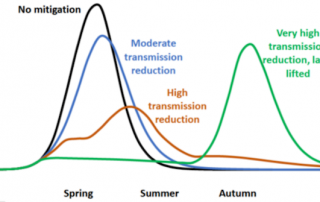
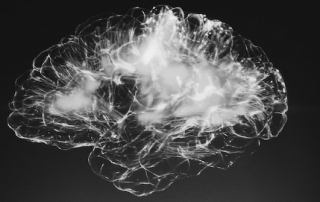

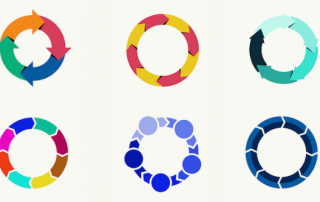
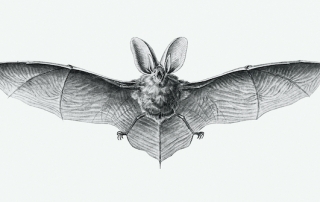
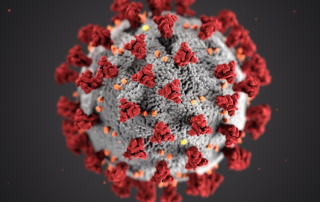
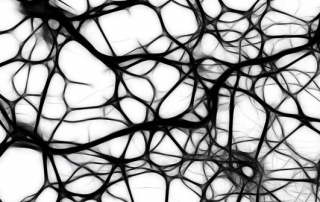


Connect with us
Facebook
Twitter
Youtube
Flickr